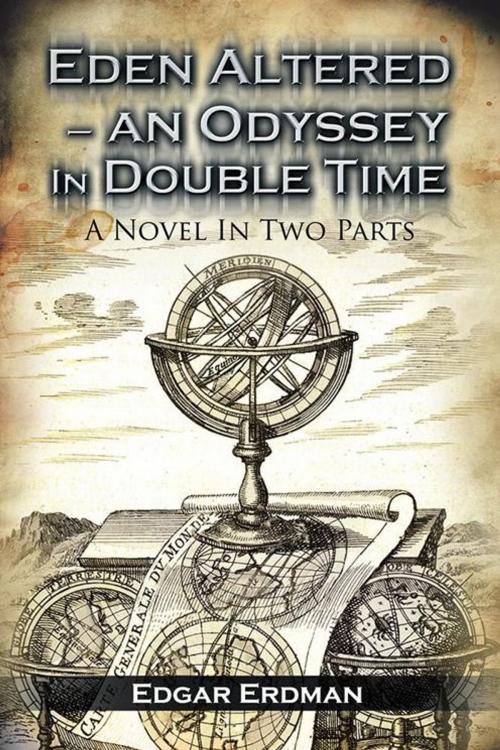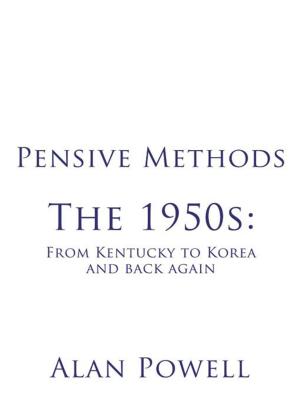| Author: | Edgar Erdman | ISBN: | 9781481741699 |
| Publisher: | AuthorHouse | Publication: | February 11, 2014 |
| Imprint: | AuthorHouse | Language: | English |
| Author: | Edgar Erdman |
| ISBN: | 9781481741699 |
| Publisher: | AuthorHouse |
| Publication: | February 11, 2014 |
| Imprint: | AuthorHouse |
| Language: | English |
The Book of Andrew takes a young boy named Andrew Engleman from the summer of 1938 through World War Two and the Cold War, including the hot intervals in Korea and Vietnam and the swift expansion of terrorist activity on a global scale that led to punitive incursions into the hotbeds of the Middle East by coalitions of Western powers under the leadership of the United States. It also provides the reader with a glimpse of what the world may be like a few decades hence. The author hopes to promote greater understanding of the historical significance of the Korean War, which has been labeled "The Forgotten War". It was an undeclared war for which none of the belligerent parties, excepting North Korea, was fully prepared at the start. Close to 4.5 million human beings, less than half of whom were in military service, were killed, injured or reported missing during the 37 months and two days of its duration. North Korea, South Korea and China suffered the greatest number of casualties, both military and civilian. The total for the United States alone was 136,826 combatants. The Korean War brought us perilously close to a third world war that almost certainly would have been nuclear. It was the first war in which American infantry units were fully integrated, blacks and whites serving harmoniously together. And it was the only real war to have been fought under the aegis and flag of the United Nations. It stands out as a chapter in the annals of warfare that contains many important lessons for us all. And in this book it is the constant backdrop against which the protagonist's experiences and thought processes are highlighted as they unfold before our eyes.
The Book of Andrew takes a young boy named Andrew Engleman from the summer of 1938 through World War Two and the Cold War, including the hot intervals in Korea and Vietnam and the swift expansion of terrorist activity on a global scale that led to punitive incursions into the hotbeds of the Middle East by coalitions of Western powers under the leadership of the United States. It also provides the reader with a glimpse of what the world may be like a few decades hence. The author hopes to promote greater understanding of the historical significance of the Korean War, which has been labeled "The Forgotten War". It was an undeclared war for which none of the belligerent parties, excepting North Korea, was fully prepared at the start. Close to 4.5 million human beings, less than half of whom were in military service, were killed, injured or reported missing during the 37 months and two days of its duration. North Korea, South Korea and China suffered the greatest number of casualties, both military and civilian. The total for the United States alone was 136,826 combatants. The Korean War brought us perilously close to a third world war that almost certainly would have been nuclear. It was the first war in which American infantry units were fully integrated, blacks and whites serving harmoniously together. And it was the only real war to have been fought under the aegis and flag of the United Nations. It stands out as a chapter in the annals of warfare that contains many important lessons for us all. And in this book it is the constant backdrop against which the protagonist's experiences and thought processes are highlighted as they unfold before our eyes.















